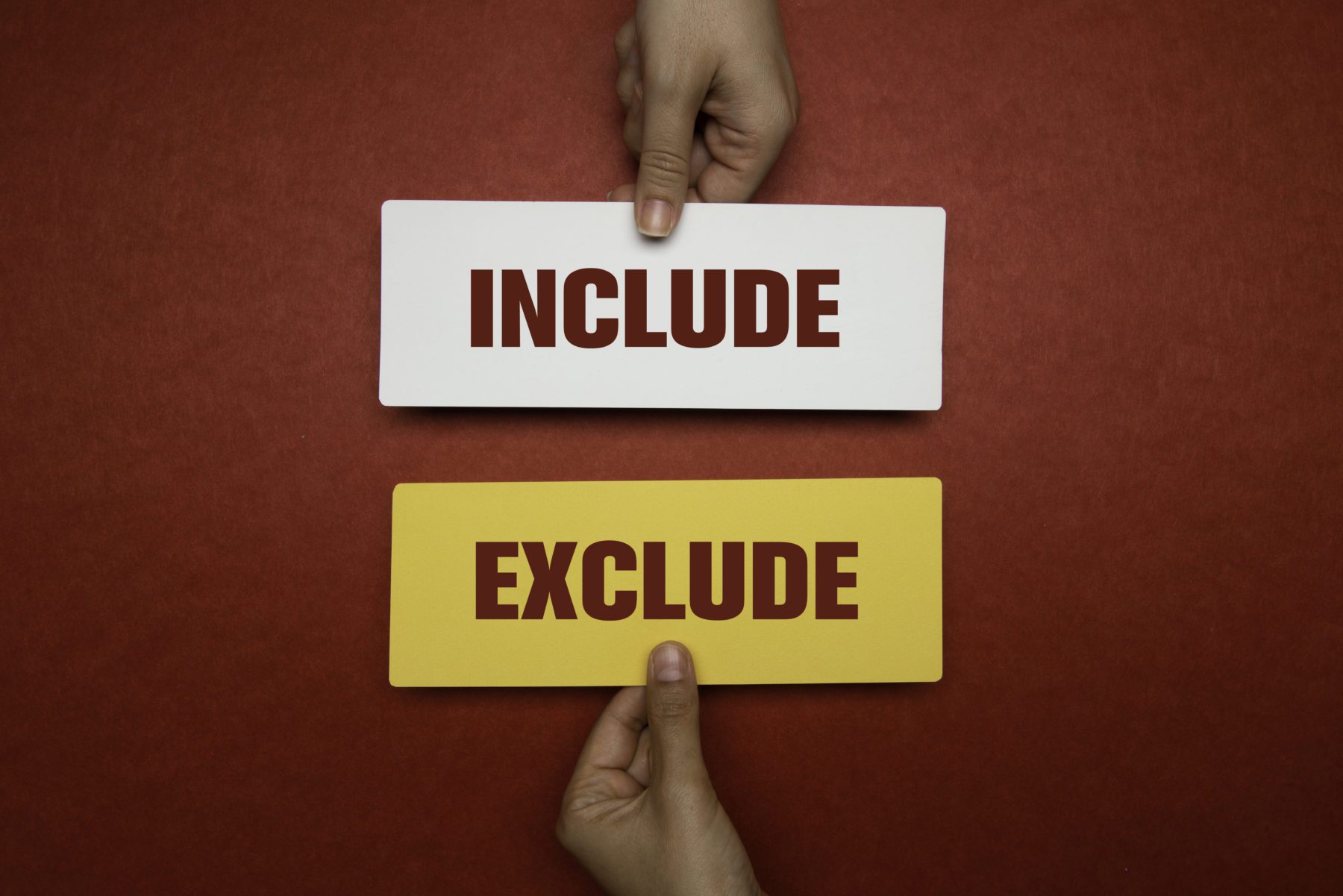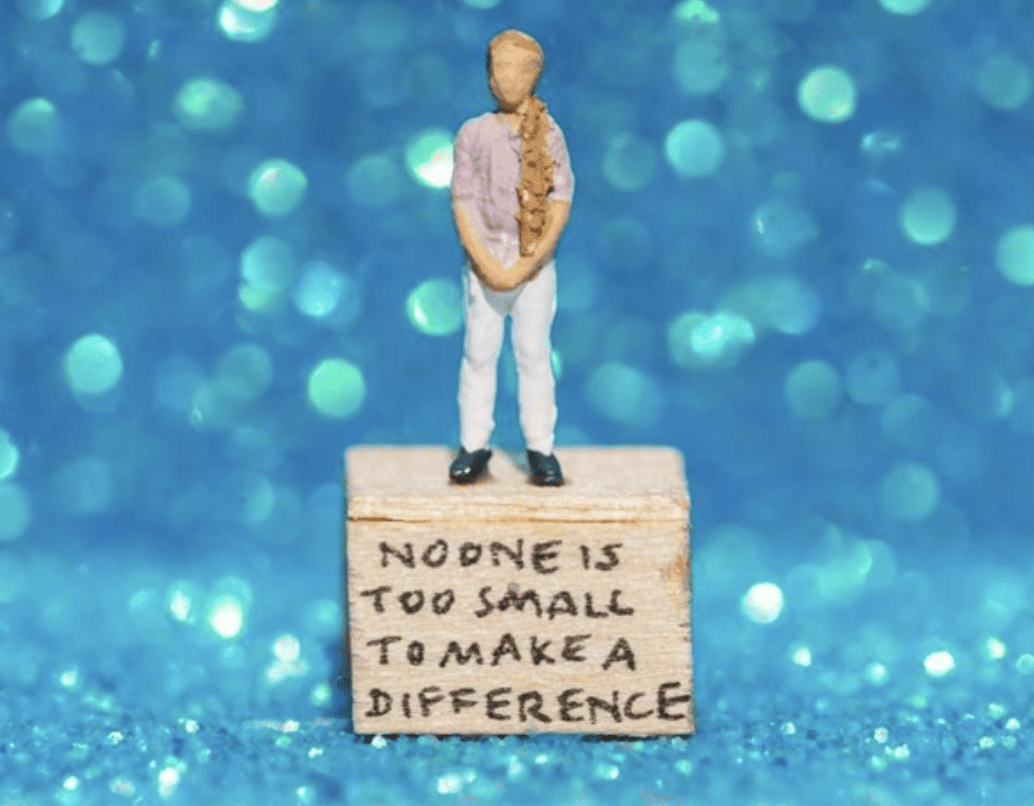Possible Preaching Themes
Possible Scientific Resources
- Gospel: The dramatic and surprising example of Christ as a humble servant, giving a model for his disciples to follow. The Christian imperative to serve one another in humility.
- From Corinthians: The power of the oral tradition, of listening and sharing stories, with Paul handing on what was handed to him and how we, too, pass it on generation after generation.
- From Exodus and Corinthians: The power of memory, remembrance
- On memory
- “How We Remember and Why We Forget,” https://brainconnection.brainhq.com/2013/03/12/how-we-remember-and-why-we-forget/
- “The power of collective memory”: https://www.scientificamerican.com/article/the-power-of-collective-memory/
- “We Are What We Remember” https://fs.blog/we-remember/
- “The Importance of Remembering” https://www.ncbi.nlm.nih.gov/pmc/articles/PMC5577906/
- Communication and storytelling
- “Why Do We Share Stories, News, Information with Others? https://www.psychologicalscience.org/news/releases/why-do-we-share-our-feelings-with-others.html
- “The Psychology of Social Media” https://online.king.edu/news/psychology-of-social-media/
Homily Outline Combining Resources
Homily Outline: How and Why We “Do This in Remembrance”
- Introduction: Setting the scene, raising the question of “Why?”
- We gather, as people have for centuries, to commemorate a singular event, “The Lord’s Supper,” or “The Last Supper.” The events of this night have been retold, reenacted, repeated countless times.
- In his epistle, the earliest account of this event, Paul tells us he is passing on what was passed on to him — and here we are passing it on again.
- We need to retell the story, and all it contains, to follow Christ’s command and “do this in remembrance.” But why does this act of remembering and passing on what we collectively remember matter so much? What is the power of remembrance? The reasons are intrinsic to our humanity.
- The Psychology and Meaning of Memory
- How does memory work? Why do we remember some things and not others? Researchers say, “The fate of memory is determined by how much it means to us. Personal memories are most important, tied to our hopes, our values, and our identities. Memories that contribute meaningfully to our personal autobiography prevail in our minds.” ( “We Are What We Remember” )
- “Memories form the basis of what we can imagine and create. We are what we remember.” ( “We Are What We Remember,” citing Adventures in Memory by writer Hilde Østby and neuropsychologist Ylva Østby)
- “It is impossible to think creatively into the future without a sense of what is known.” (Eve Marder, “The Importance of Remembering”)
- In a tangible biological sense, scientists affirm something many of us already intuit: memory is part of being human. It is, in a sense, incarnational.
- The Science behind why we want to share our experiences
- Why do we feel a need to share with others what we remember or experience? Researcher Jonah Berger suggests it is because of strong emotional connection, because something has left us “fired up.” (Association for Psychological Science)
- Today we have social media — Facebook, Twitter, etc. — as platforms to share our experiences. Studies have found that stories that arouse more positive emotions get shared more. (Association for Psychological Science).
- Recent studies on the psychology and science of social media — including monitoring brain waves and how certain regions of the brain respond — have found that people are often feel excited and stimulated by making this social connection. There is also an emotional component. People may feel compelled to share news, to pass on what they have heard, to feel a sense of community, love and belonging and “self-actualization.”
- “Collective memory” — the memories of groups of people or even nations — help to define what is important. To understand a country’s memories is to grasp something essential about their national identity and outlook. (“The Power of Collective Memory” ). Memories matter in ways large and small — and so our passing on of the tradition of the Eucharist, the events, and words of The Lord’s Supper, continue to define us as people of faith.
- The Takeaway: What This Means for Us
- Our call to remember the events of The Lord’s Supper begins with Christ’s command, “Do this in memory of me.” Remembrance is buried deep in our psychology and our humanity. But this is more than just retelling and reliving a story.
- This commemoration is more than a re-enactment; it takes our collective memory to a deeper, more profound place.
- As what we remember from the past “forms the basis of what we imagine and create,” the particular memory of Christ’s words and actions at The Last Supper should animate our imagination and challenge us to create anew our lives as disciples.
- Remembrance is more than nostalgia; it is a call to live, act, dream, imagine and pass on what has been passed on to us.
- Our modern experience of social media reminds us of the importance and value of memory, sharing, collective experience. Just as Facebook, for example, calls up “memories” of years past, this singular remembrance on Holy Thursday should stir our hearts.
- It is also on this night a cause for profound thankfulness for the gift of the Eucharist, which means, of course, “thanksgiving.” An ancient French proverb says, “Gratitude is the memory of the heart.”
Related Homily Outlines
Couldn’t find what you’re looking for?
Try searching with another filter

Preaching with Sciences

Edward Foley, Capuchin
Duns Scotus Professor Emeritus of Spirituality
Professor of Liturgy and Music (retired)
Catholic Theological Union
Vice-Postulator, Cause of Blessed Solanus









